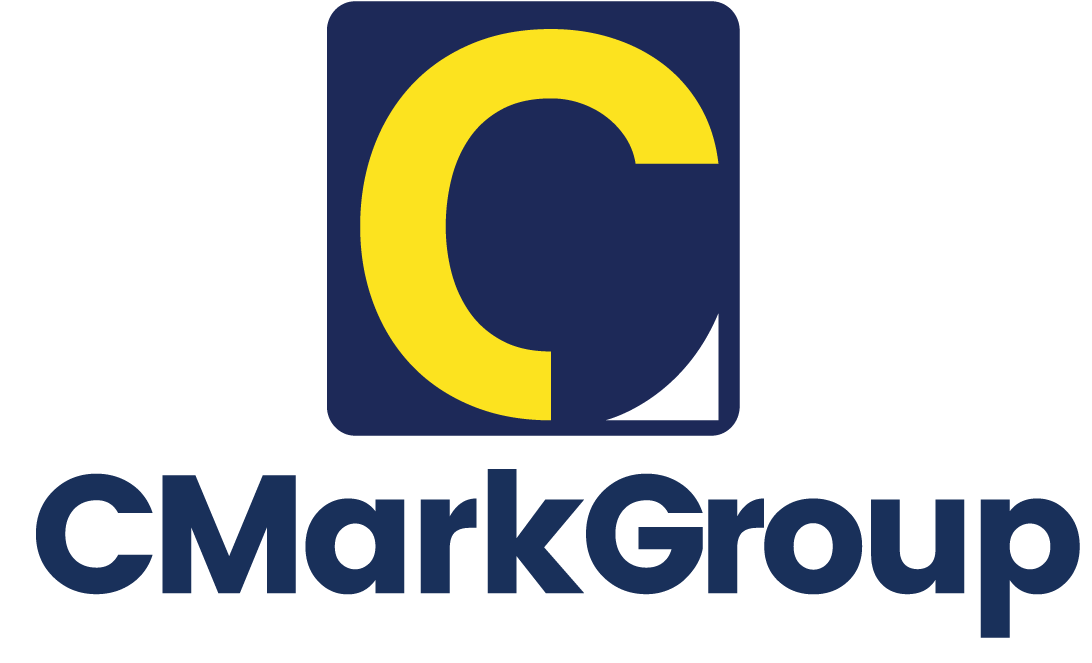2 Steps – Sell your business LIKE A BOSS
- April 13, 2017
- Posted by: Nayte Carrick
- Category: Uncategorized

If you’re like practically every other person on the planet, you don’t want to work forever. And if you own a business, you’ve at least occasionally thoughts of how to stop going to the office and start enjoying the fruits of your hard work. There are two main keys to doing this: 1) Write down your exit strategy 2) Give yourself enough time.
—
With regularity, brokers and business owners call our office and ask something along these lines.
“I want to sell my company and I need to show more margin so I can get my asking price. What can you in the next 90 days to help me?”
The best thing we can do in that scenario, is NOT take your money. Looks like you’re going to need it.
STEP 1: Write down your exit strategy
Articulating the reasons you’re selling and what you hope to get out of the sale will set the foundation for the rest of the work. Topics to include are:
- Why are you selling. Typical answers include statements about age, financial security, lack of interest, work life balance
- What do you hope to get out of the sale. How much do you need to start your next venture or to live on retirement?
It is more important to get your ideas on paper than to write our a cogent exit strategy. Most people think “business plans” when they hear that term, and those are not easy to write. — Don’t worry, this is a simple exercise that will give you something concrete to take to the specialists and advisors who help you.
STEP 2: Give Yourself Enough Time
In most cases, our recommended runway is a solid 2 years. We can make 18 months work in a pinch, and anything under 12 months will not pass the ROI test.
What should you do with all this time? Here, in no particular order, is a list of topics in which you should become conversant.
Metrics – Most of this will come from your CPA or CFO. Talk with them about your plans and determine what metrics you need to learn.
- Sales, growth, industry trends, market share, 12 months and 18 month forecast
Valuation – With this you can calculate the cost benefit of transformative work. A business broker should be able to provide some guidance on recommendations to meet your target valuation.
- What is your company worth now
- What is the maximum potential valuation in your lead time?
Agreements & Paperwork – These will attract more potential buyers and increase the buyer’s perceived valuation relative to the actual valuation. You want them to feel like they’re getting a good deal.
- What is the structure of your organization
- What happens if something doesn’t go right?
- Are your tax returns in order?
- Do you have a list of all of your equipment and assets and whether they are included in the sale?
- Do you have an Operating Agreement that details ownership, decision making, shareholder rights, and exit strategies.
Through the conversations you’ll have to have to gather all of this information, you’ll have a network of people who know your business fairly well and know what your goals are. They can help you make the decision of listing your business with a broker or selling it yourself.
If your company is fairly small and simple or you are selling to a friend or family member, your best bet is to sell it yourself.
If your company is fairly large, complex, and you are selling to a buyer that you don’t already know, your best bet is to find a good business broker.
—
CMark is the bridge that elevates you to achieve your goals from where you are today. We develop actionable strategies that focus on sales, marketing, operations, technology, organizational structure, and process improvement. We combine Kaizen lean processing ideology popularized by Toyota Motor Manufacturing, with sound business development strategies that together help you maximize your margins.
